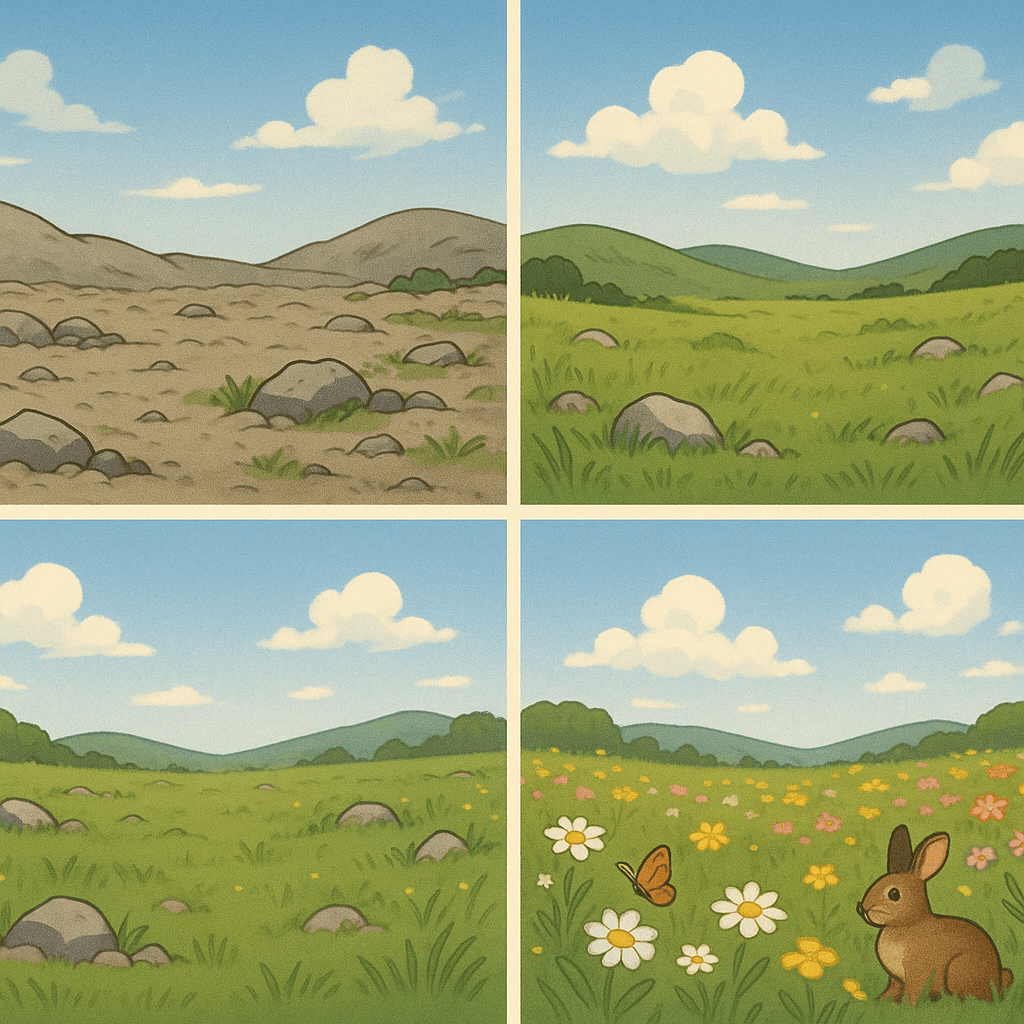The Courage Behind Writing Life’s Every Moment

Everything in life is writable about if you have the outgoing guts to do it. — Sylvia Plath
Plath’s Call for Bold Expression
Sylvia Plath’s statement suggests that one’s capacity to write is bounded only by personal bravery. She asserts that any aspect of existence—however mundane or daunting—can be transformed into prose or poetry if one possesses the willingness to confront it. This conviction aligns with her own confessional style, seen in works like 'The Bell Jar' (1963), where Plath chronicles deeply personal struggles, breaking taboos about mental health and womanhood.
Overcoming the Barriers of Self-Censorship
However, this ideal faces resistance from internal fears and societal expectations. Many writers hesitate, doubting whether their stories are worthy or fearing judgment. Plath’s words serve as an antidote to this paralysis, encouraging writers to push past their inhibitions. Her example underscores how vulnerability can be a creative strength, turning private pain into universal resonance.
The Universality of Human Experience
Continuing this thread, Plath’s invitation to write about anything highlights how the human experience is interconnected. Even the seemingly trivial can gain significance through the act of storytelling, as seen in everyday details in Virginia Woolf’s 'Mrs Dalloway' (1925). In chronicling the ordinary, writers often uncover shared truths, forging empathy between reader and author.
Transforming Fear into Art
Plath’s challenge implies that courage doesn’t emerge in the absence of fear but through its confrontation. By venturing into emotionally charged or controversial territories, authors can convert anxiety into powerful narratives. This transformation is mirrored in memoirs like Maya Angelou’s 'I Know Why the Caged Bird Sings' (1969), where writing becomes both catharsis and testimony.
Inviting Authenticity and Innovation
Ultimately, the freedom to write about all facets of life yields authenticity and innovation. When writers heed Plath’s exhortation, they expand the possibilities of literature itself, making space for marginalized voices and unconventional forms. In doing so, they inspire others to find their own 'outgoing guts,' perpetuating a cycle of creative fearlessness that replenishes the literary world.